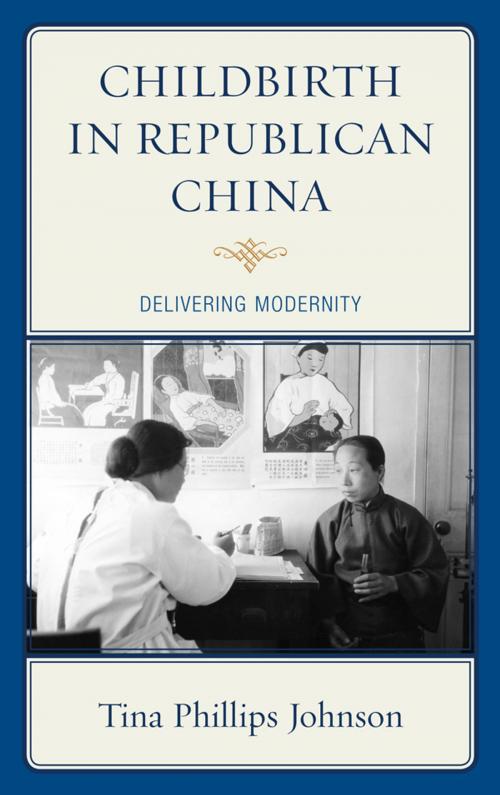Childbirth in Republican China
Delivering Modernity
Nonfiction, History, Asian, China, Health & Well Being, Health| Author: | Tina Johnson | ISBN: | 9780739164426 |
| Publisher: | Lexington Books | Publication: | September 16, 2011 |
| Imprint: | Lexington Books | Language: | English |
| Author: | Tina Johnson |
| ISBN: | 9780739164426 |
| Publisher: | Lexington Books |
| Publication: | September 16, 2011 |
| Imprint: | Lexington Books |
| Language: | English |
Delivering Modernity: Childbirth in Republican China (1911-1949) is the study of a pivotal period in which traditional midwifery, marked by private, unregulated old-style midwives, was transformed into modern midwifery through the adoption of a highly medicalized and state-sponsored birth model that is standard in urban China today. In the twentieth century, biomedical technologies altered the process of childbirth on virtually every level. What had been a matter of private interest, focusing on the family and lineage, became a national priority, a symbol of the new citizen who would participate in the creation of a revitalized nation. This transformation of reproduction coalesces with the broader story of China's twentieth-century revolutions, marked by an emphasis on science and modernity. The roles of the state and of western medical personnel were paramount in affecting these changes, but equally important are the intense social and cultural shifts that occurred simultaneously. The dominant themes of reproduction in twentieth-century China are characterized by expanding state involvement, shifting gender roles, escalating consumption patterns accompanying the commercialization of private lives, and the increasing medicalization of the birth process.
Delivering Modernity: Childbirth in Republican China (1911-1949) is the study of a pivotal period in which traditional midwifery, marked by private, unregulated old-style midwives, was transformed into modern midwifery through the adoption of a highly medicalized and state-sponsored birth model that is standard in urban China today. In the twentieth century, biomedical technologies altered the process of childbirth on virtually every level. What had been a matter of private interest, focusing on the family and lineage, became a national priority, a symbol of the new citizen who would participate in the creation of a revitalized nation. This transformation of reproduction coalesces with the broader story of China's twentieth-century revolutions, marked by an emphasis on science and modernity. The roles of the state and of western medical personnel were paramount in affecting these changes, but equally important are the intense social and cultural shifts that occurred simultaneously. The dominant themes of reproduction in twentieth-century China are characterized by expanding state involvement, shifting gender roles, escalating consumption patterns accompanying the commercialization of private lives, and the increasing medicalization of the birth process.















